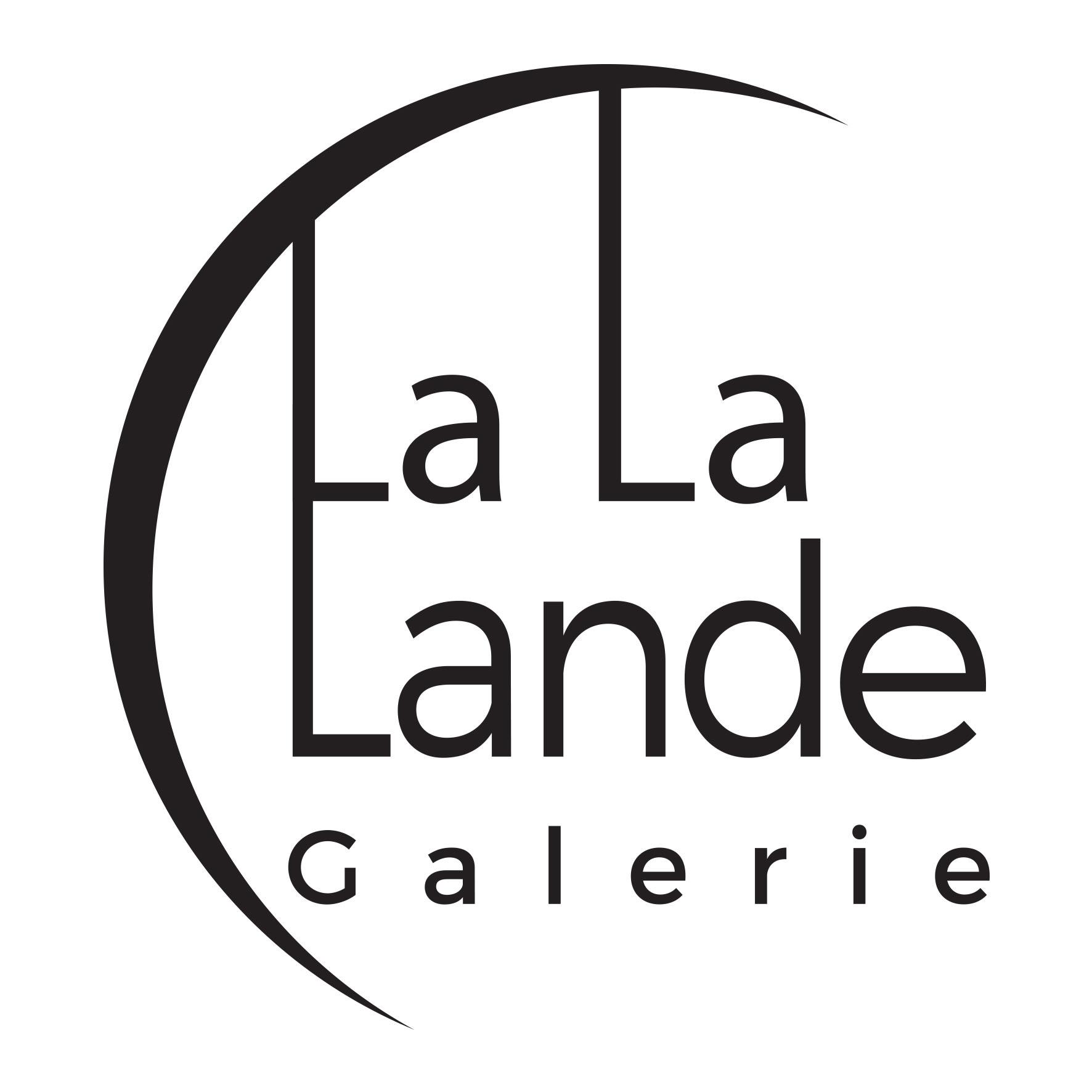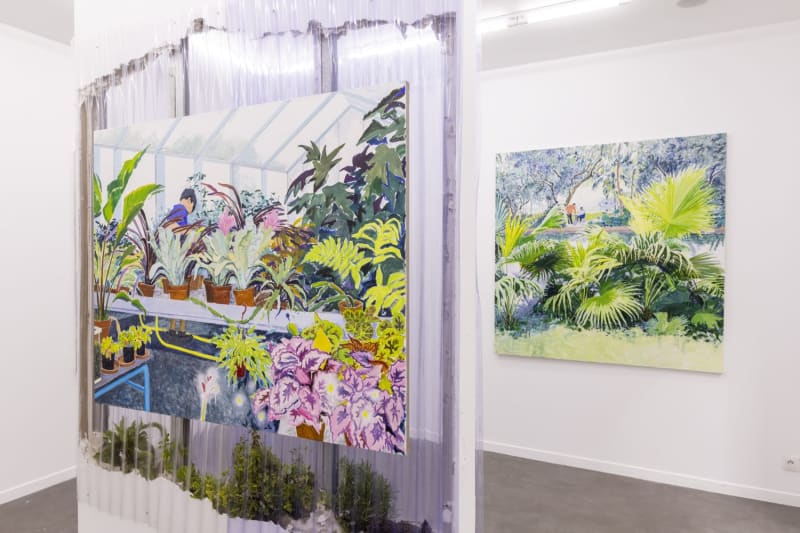Far from the human folly that tends to become the rule, this painting is more welcome than ever. It helps us to live.
Lin Wenjie's painting comes from afar. One thinks of Lucian Freud or Eric Fischl and his characteristic "neo-realism", which is also found in China and continues to inspire Liu Xiaodong. We also think of this atmospheric device in the same way as we used to think of the cinematic New Wave and its films that draw you in with their silent melancholy. And yet, Lin Wenjie's portraits are neither dark nor harsh. The richness of her palettes is an ode to life, to the "here and now" expressed by Taoist sages and Epicureans. Floating images that tell us nothing other than the ephemerality of everyday life, a simple life washed of all plans, life as it comes, and which nourishes you. Looking at some of these paintings, I wondered if there wasn't a secret dialogue between Lin Wenjie and David Hockney. Everything in this universe breathes, the sound of nature and human toil, and Lin Wenjie adopts a slow pace in the way he makes things visible. It's the freshness of the world she portrays, and the beautiful friendship that unites people, animals and all nature's creatures. Far from the human folly that tends to become the rule, this painting is more welcome than ever. It helps us to live.
Emmanuel Lincot
"Loving the world by looking at it differently" - if, at the outset, this phrase applies to the art of David Hockney, it is not without evoking the paintings of Lin Wenjie. Looking at Lin Wenjie's work, it's tempting to dwell on a possible plastic or even intellectual kinship with the British artist. The fact remains that, since the beginning of her career, Lin Wenjie, like an explorer of the everyday, has been blazing her own trail. At first, this path was paved with choices: leaving her family at the age of 16 to study in Beijing at the prestigious Central Academy of Fine Arts. Then came the choice to venture into a new country, France, to study at the École des Beaux-Arts de Rouen. It's here, in the city of a hundred spires, that Lin Wenjie has been living and working for the past thirteen years. Here, she cultivates a world of her own, a microcosm where man seems, at last, in harmony with his environment. But is this really the case? To find out, you need to immerse yourself in these suspended moments.
Here, a fascinating dialogue begins between the kingdoms of life, as if echoing a precarious, complex equilibrium. In Real gentlemen watch chess silently, Greenhouse or The Chess Players, for example, silhouettes emerge from the foliage like colorful buds. Elsewhere, they could almost go unnoticed, if Lin Wenjie hadn't cleverly arranged the foliage to guide the eye. But these edens, though luxuriant, are nonetheless artificial paradises: a glimpse of Monet's Water Lilies, potted plants, greenhouses, parks, islands of greenery lined with towers, punctuated by urban furniture or studded with topiaries. This flora is controlled and domesticated. The same is true of our relationship with animals. Here again, duality is the order of the day. Dogs are kept on a leash, cats embraced with possessiveness. The title alone - My Cat - supported by a hand rendered monumental by the low-angle framing, suggests a relationship of domination. And yet the owners of these animals, like Lin Wenjie's other characters, abandon themselves to contemplation. Their attitude, silent and serene, augurs a search for wisdom, a willingness to listen - a hope that is certainly supported by Lin Wenjie's chromatic variations, often bold and optimistic.
Clémence Simon


